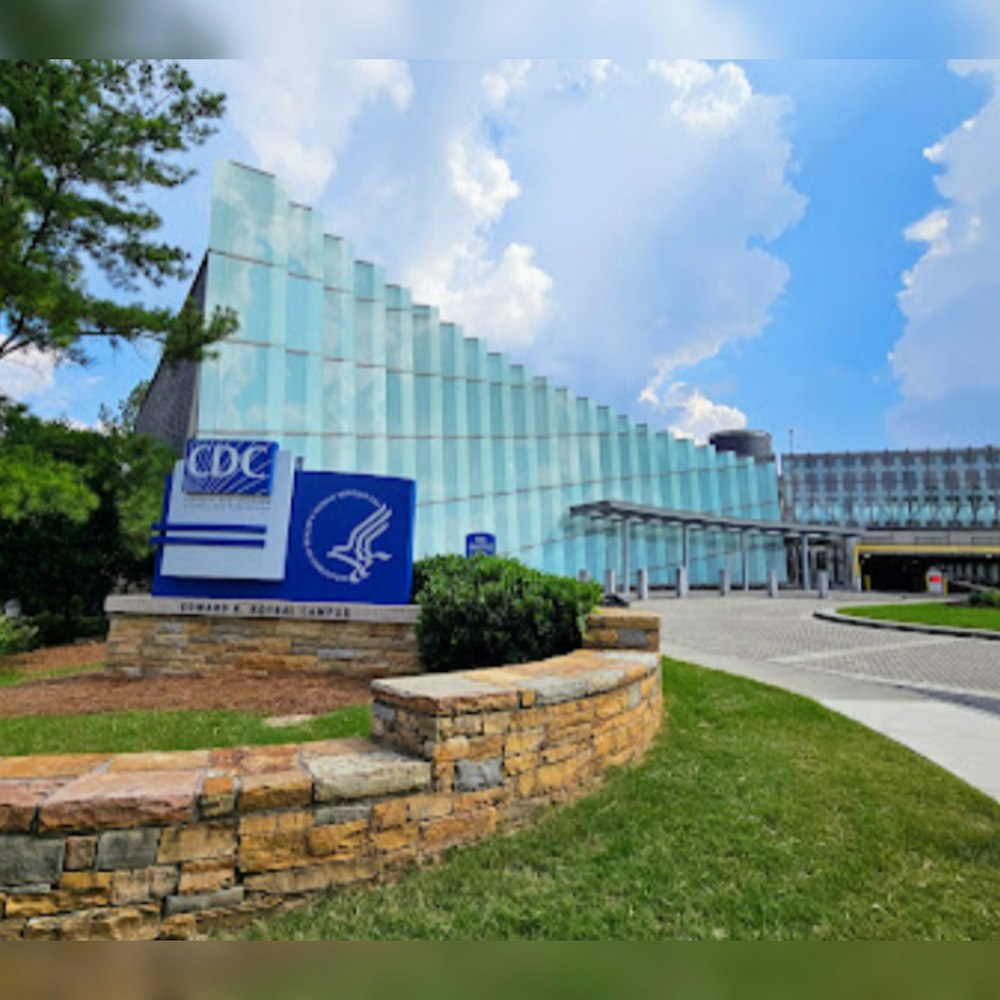
Nearly two centuries of injustice may soon be partially redressed in Illinois, as the state inches closer to returning land once taken from the Prairie Band Potawatomi Nation. The parcel in question, a 1,500-acre state park named after Chief Shab-eh-nay, is poised to be transferred back to the tribe which was swindled out of their territory around 1848 when the U.S. sold their land to white settlers. This act of restitution has come to a head with legislation awaiting a decision in the Illinois House, after clearing the Senate, as reported by the Chicago Tribune.
In a statement obtained by NBC News, Joseph “Zeke” Rupnick, chairman of the Prairie Band Potawatomi Nation, emphasized the low impact of this transfer on the general public: “The average citizen shouldn’t know that title has been transferred to the nation so they can still enjoy everything that’s going on within the park and take advantage of all of that area out there.” The tribe aims to preserve the park without material changes, whereas some locals have expressed fears that development, potentially in the form of a casino or hotel, could disrupt the fabric of their small community life.
The land was originally guaranteed to Chief Shab-eh-nay and his descendants in perpetuity by the Second Treaty of Prairie du Chien in 1829, a commitment that was reaffirmed across several subsequent treaties but was ultimately dishonored. The legal morass created by multiple transactions since then has led to a more amicable, though partial, resolution by offering the state park as a settlement. Democratic state Rep. Will Guzzardi called the proposal a "significant concession" from the tribe, seeking to avoid the ensnaring legal battles over the now privately owned parts of the original reservation, according to the Chicago Tribune.
A key element to facilitate this transfer is a management agreement that is pending. It would involve a partnership between Illinois' Department of Natural Resources and the Potawatomi tribe, a move that Rupnick suggested is crucial to maintain the integrity and operations of the park. Whereas opponents label themselves as defenders of their small-town way of life, Rupnick has argued that the fears are largely unfounded. "A casino doesn't make sense," he explained, citing existing state-sanctioned gambling boats as sufficient. He has not dismissed the possibility of a hotel, pointing to the park's significant tourist draw. As the park hosts 500,000 visitors a year, he noted to NBC News, "The closest lodging is in DeKalb, 18 miles northeast of Shabbona."
This restitution, though long overdue, represents more than the return of land; it's a bridge-building measure towards honoring a historic promise, as echoed by Guzzardi: "It keeps this beautiful public asset available to everyone," he continued saying, "It resolves disputed title for landholders in the area and most importantly, it fixes a promise that we broke." November could mark a new chapter for the Prairie Band Potawatomi Nation's presence in Illinois, as well as a textbook case of delayed justice slowly coming to fruition.









